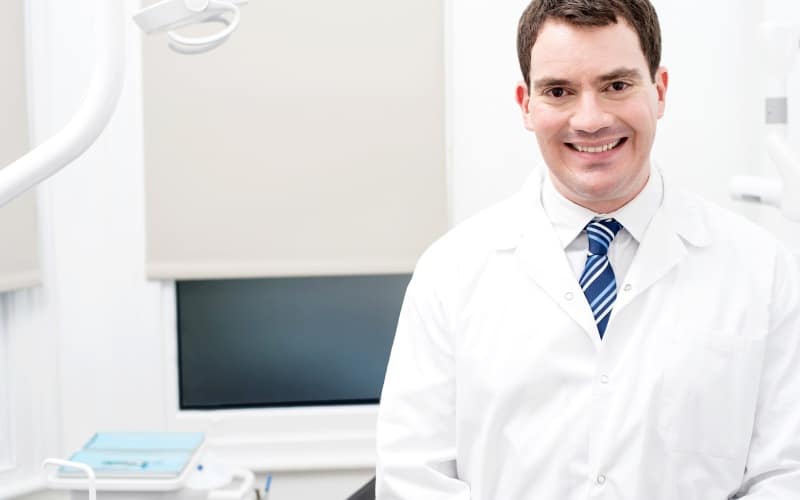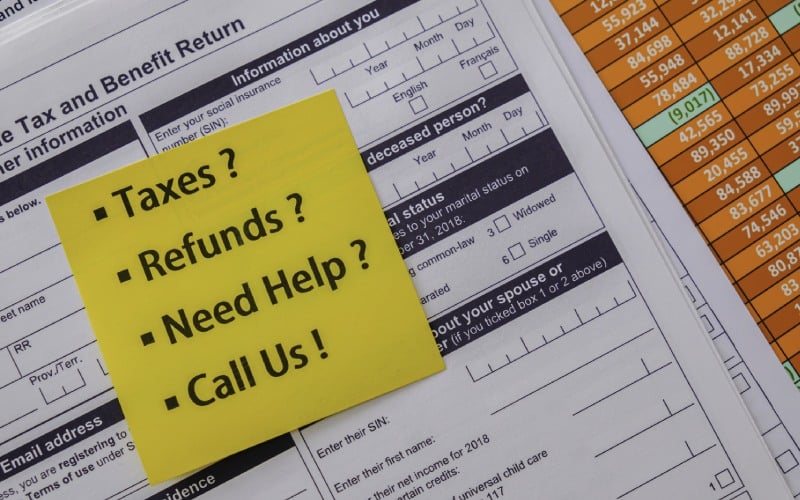Before the computer, administrative professionals did all administrative and financial tasks in dental offices. Staff filled outpatient charts by hand, managed patient schedules in appointment logs and calendars, and processed payments through cheques and money orders.
While the old way of managing a dental office was effective, it was also time-consuming; completing basic procedures took much longer and more work to complete.
Flash forward to the present day, dental practices can use computers and dental software, also known as dental practice management software, to help manage their practices efficiently and effectively.
Table of Contents
ToggleWhat is Dental Practice Management Software?
Dental practice management software is either a server or cloud-based software that dental practices use to manage appointments, finances, and other aspects of their daily operations. The purpose of dental office management software is to decrease the administrative tasks done by staff by establishing computer automated tasks.

What Is The Difference Between Dental Accounting And Dental Management Software?
In short, very little.
A practice management system often includes various management tools, including accounting, marketing tools, patient scheduling, and more. It offers all the tools dental professionals need to manage their practices.
In contrast, dental accounting computer systems are designed to streamline accounting and financial tasks only. It can help simplify the billing process with insurance verification, manage outstanding bills, and balance your books.
A management solution typically has everything included in accounting software—and more.
Why Use Practice Management Software
While an accounting system will help with payment processing, a server or cloud-based dental practice management software can help with all aspects of running and managing your practice.
Learn why you should use a dental practice management solution below.
Reputation Management
Patients are crucial to your dental office; without your patients, you will not have enough business to support yourself. That is why you need to maintain a good relationship with your patients.
Software with built-in Customer Relationship Management (CRM) can help you manage patient relationships with automated patient communications. The software will hold patient information like name, email address, phone number, birth date, and patient records. The software will then use patient data to create messages like automated appointment reminders.
A CRM is a helpful software solution to build a good relationship with your patients and maintain patient engagement with your dental practice. All dental practices should invest in dental software with CRM to reduce the number of patient calls their administrative assistants need to make without sacrificing the quality of patient communication.
Less Need For Phone Support
Dental software has many key features, but one of the most beneficial is online scheduling. Take this scenario, for example:
A pediatric dentistry office may have difficulty contacting patients’ parents because they are busy either taking care of their children or at work. Rather than calling them, their software can send a text message to their mobile devices reminding them to schedule an appointment for their child.
A Secure Place To Store Your Electronic Health Records
Software that allows you to store health records is always a good idea. Online patient forms can cut down on the physical documents in your practice, allow group practices to share information between multiple locations, and improve treatment planning.
Treatment planning requires a great deal of information. Clinical charting, x-rays, and more are used to inform the development of treatment. If that information cannot be found or referenced, it could result in poor patient care. Software that syncs with native imaging or digital imaging software and can store other documents like charts is incredibly beneficial because it allows specialized and general dentists to review the entirety of a patient’s history before fleshing out a treatment plan.

Similarly, software that syncs health records across the server or cloud is extremely beneficial for multi-location practices because patients can visit any practice and know that their information, progress notes, and treatment plans are used and referenced no matter which location they visit. The software will secure the data, so everything is HIPAA compliant.
Where Can I Buy Dental Software Programs?
There are multiple providers in the industry willing to provide a free demo or discount on their software. Don’t let their sales pitches distract you from finding software that works for your practice.
Before you purchase software, evaluate the providers and their software based on these questions:
- Does the provider offer a free demo or online training to help set up your system, or is it just how-to videos online? Customized training can help get your system set up and working for you, whereas training videos can be impersonal.
- Can your provider help with data conversion (transferring data from your current patient portal to your new software)?
- Is it cloud or server-based software? Cloud-based systems require an internet connection, whereas server-based systems are downloaded like an operating system onto computers that share the same server.
- What are the provider’s support hours like? If your software fails, you may need immediate help to continue filling out patient forms and filling electronic prescriptions.
Adam has an MBA from the Richard Ivey School of Business in London and also holds a Chartered Investment Manager designation.
- Maximizing Tax Deductions for Dental Practices - April 1, 2024
- Tax-Efficient Investing For Dentists - March 28, 2024
- 2024 Tax Insights: Key Changes Every Dentist Needs to Know - March 6, 2024





